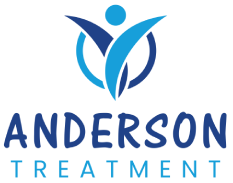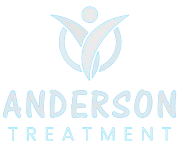
Suboxone Program Rules
- Weekly group attendance is mandatory.
- You must attend one group a week. It is recommended that you choose a group and attend that group regularly so as to build a consistent support network.
- After 6 months, group attendance may be decreased to twice a month. Remember, the relapse rate of those who attempt to stay clean without therapy is 90%.
- Urine screens will be collected at each doctor visit and at each group session.
- Bringing in urine or altering or diluting samples will result in immediate discharge.
- All payments and co pays are due at the time of service.
- No mind or mood altering drugs are allowed at any time throughout the treatment process. This includes alcohol!!
- Patients will be subject to oversight through the Prescription Monitoring Program and will be immediately discharged if other controlled substances are filled while in the program.
- No Call No Show will result in immediate discharge from the program.
- This office is under no obligation to provide a last script if discharged for breaking program rules.
Suboxone Treatments
Our state-approved outpatient opioid-based treatment program takes a compassionate approach to opiate addiction. However, we maintain the strictest adherence to federal guidelines that regulate the dispensing of Suboxone and similar products. Patients must complete weekly urine drug screens with lab confirmation and saliva testing comparisons. They must also participate weekly in group and/or individual therapy.
Yes. Doctors and therapists are available in the evenings and on Saturdays to see patients, and we run multiple groups to provide convenient access to services.
There are different kinds of prescription medication, but in general, the medications attach to opioid receptors in the brain, suppressing withdrawal symptoms and reducing cravings.
No. The medications and counseling work together. If you fail to attend group and/or individual counseling sessions, you will be removed from the program.
Yes. We offer treatment options to pregnant women, with the goal of a safe tapering plan to reduce risk to the fetus.
Medication-assisted treatment of opiate addiction increases the rate of recovery to between 40 and 60 percent. The rate of recovery without medication is 10 to 15 percent.
Opiate-related side effects such as constipation, nausea and sedation are possible. The largest risk is the potential for diversion; that is, misuse or abuse of the prescription drugs we prescribe. That is why we insist that patients adhere to drug testing and counseling schedules.
Yes, We accept Medicaid, Medicare, Anthem, Aetna and Cigna.
Yes. We offer competitive and affordable cash prices.
Yes. Our outpatient opioid-based treatment program is approved by the Virginia Department of Medical Assistance Service

